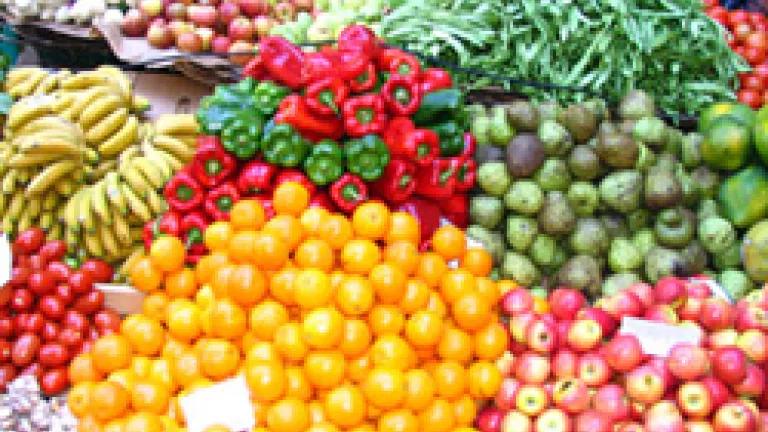
Today is national food day.
But instead of writing about my favorite recipe, I thought instead I would pass along one word of career advice for aspiring lawyers:
You guessed it: food.
For years, I’ve told law students –who have asked – that climate change law was the future of the environmental movement, and it was the way to go.
I apologize. I was wrong.
Don’t misunderstand me – we still need skilled lawyers who can help address the biggest threat the world has ever faced. And right now, we are not doing so well on this front, legally or otherwise.
However, right now my advice to law students and new lawyers is to consider how you can apply your skills to the fast growing local, sustainable food movement that seeks to fix our broken national food system. (I blogged earlier this year on some of the key health, economic, and environmental benefits from strengthening New York City’s regional food system.)
Of course, the food movement does not need wonky lawyers to offer advice on crop rotation or how to churn butter. What I mean is that lawyers are needed to help cities and regions around the nation write new laws and policies to strengthen their local food systems.
Many cities, including New York, San Francisco, Portland, Chicago and Seattle, are forging ahead to reform their food systems– in large part, in responding to overwhelming public support for such changes.
But if these new laws and policies are to be fully successful lawyers are needed in at least three key areas:
- Sustainability Standards: One big opportunity is to help define sustainability standards for local food, especially where it is being touted as healthier or more environmentally friendly than other food. The truth is, of course, that not all local food is equal. An apple from New Jersey that’s doused with pesticides is not better for the environment or your health when compared to an organic (or otherwise sustainably-produced) apple from Oregon just because it was grown closer to home. Thus, we need to define sustainably grown (or raised) local food in our new laws as we look for ways to set concrete benchmarks for increasing food purchasing by city and state governments.
- Food Equity: The local food movement is often characterized as elitist and expensive – with critics saying it is an unrealistic option for many citizens. But this is not true. In New York, for example, local food advocacy is considered an extremely high priority among many of the City’s grassroots and environmental justice groups. And food stamp use doubled at the highly successful NYC Greenmarkets between 2009 and 2010. Still, we will need new laws and official policies – and maybe even some targeted litigation— to address the troubling problem of “food deserts” in many low-income communities and communities of color in New York and in cities around the country. Grassroots energy and volunteer efforts alone will not be enough to help these communities overcome the distribution and other barriers preventing them from getting greater access to healthier food.
- Scalability: Food writer Mark Bittman has asked whether sustainable farming could help feed the world. I won’t try to resolve this complicated question in this short blog. But we do know that if cities and localities are going to help lead the way to a national approach to a better food system, then we need to design models that are capable of going beyond the incredible, yet small-scale local food efforts cropping up in so many cities. Again, I respectfully suggest, lawyers are very much needed to help work with elected officials and government leaders to draft new laws and policies that will result in large-scale changes to local food systems.
So, don’t throw away (or recycle) your Climate Change Law book or treatise. But start thinking about a new career path in food law.
And to all you foodies: lawyers just might end up being your new best friends.
